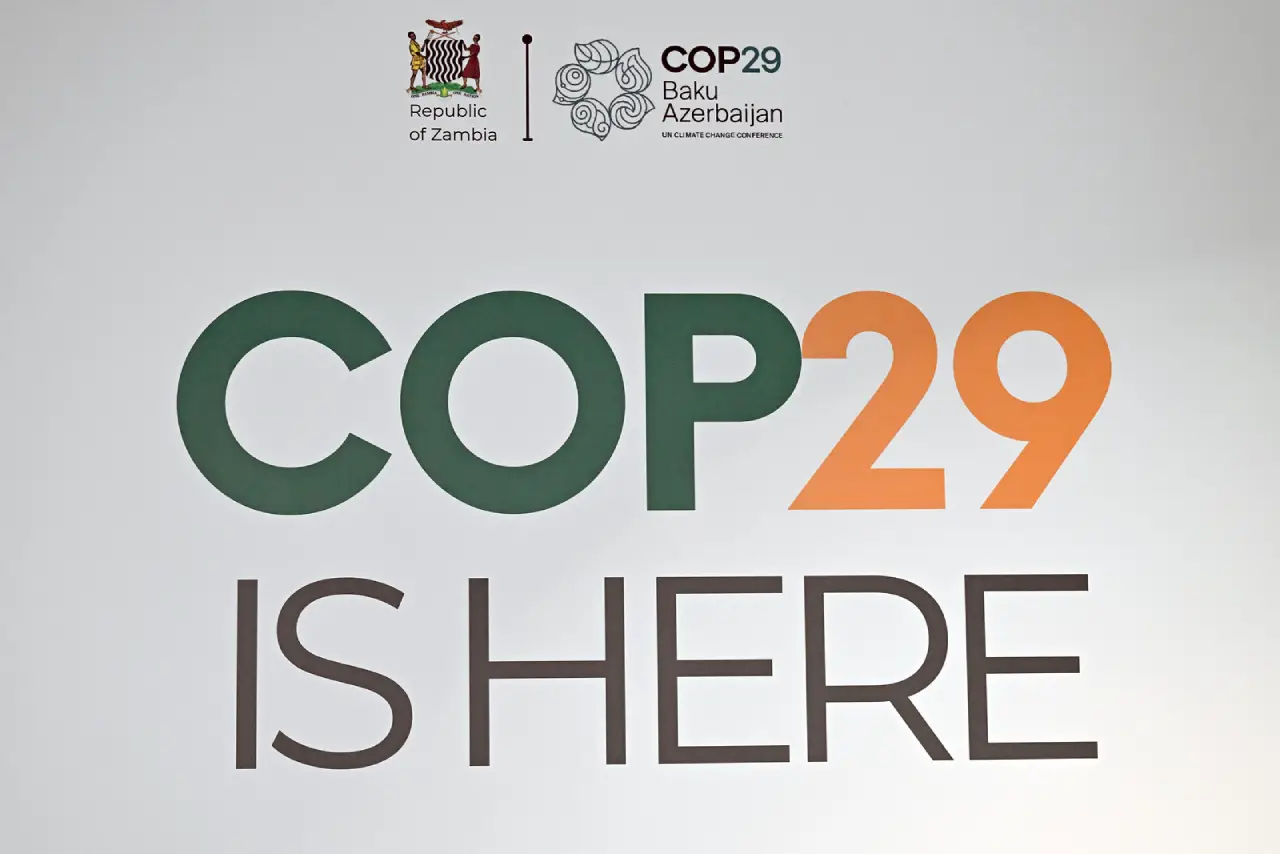Understanding COP 29: A Comprehensive Explainer on Climate Action and Health

COP 29, the 29th Conference of the Parties, is a pivotal event in the global fight against climate change. Held in Baku, Azerbaijan, from November 11 to November 22, 2024, this summit brings together delegates from nearly every country to discuss critical climate issues and set actionable goals. Here’s a detailed explainer on the key aspects of COP 29 and its importance.
Location and Dates
COP 29 is being held in Baku, Azerbaijan, a city known for its vibrant culture and strategic location. The conference which started on November 11 will continue till November 22, 2024, providing a platform for intense discussions and negotiations over a two-week period.
Ambitious Climate Finance Goals
One of the central objectives of COP 29 is to establish a new climate finance goal. The previous commitment of $100 billion annually to support developing countries is set to expire, making it crucial to define a new target. The proposed increase to $1 trillion annually aims to better equip developing nations to tackle climate challenges and transition towards sustainable practices.
Global Participation and Leadership
Despite some notable absences, COP 29 sees extensive global participation. Delegates from almost every country are collaborating to negotiate ambitious and actionable climate strategies. This collective effort underscores the importance of international cooperation in addressing climate change.
Strengthening Climate Adaptation and Emission Reductions
A major theme at COP 29 is the need for robust climate adaptation measures and more ambitious emission reductions. The goal is to limit global temperature rise to below 1.5 degrees Celsius, which is essential to prevent the most severe impacts of climate change. This involves setting stringent targets and implementing effective policies to reduce greenhouse gas emissions.
The Health Dimension of Climate Change
The World Health Organization (WHO) is emphasizing the health impacts of climate change at COP 29. Climate action is not only an environmental issue but also a critical health priority. Here are some key health related points highlighted at the conference:
Air Pollution: Climate change worsens air pollution, which is responsible for around 7 million premature deaths annually. Mitigating climate change can significantly improve air quality and public health.
Extreme Weather Events: Increasing heatwaves, storms, and floods pose direct threats to human health, causing injuries, fatalities, and displacement.
Infectious Diseases: Rising temperatures and changing weather patterns promote the spread of infectious diseases like malaria, affecting millions, especially in vulnerable regions.
Impact on Vulnerable Populations: Women and children are disproportionately affected by climate related health issues. Climate change leads to food insecurity, water scarcity, and malnutrition, impacting child development and health equity.
Resilient Health Systems: Building climate resilient health systems is essential. This includes promoting clean energy in health facilities, sustainable practices, and preparedness for climate related health emergencies.
Youth Involvement and Future Prospects
COP 29 also highlights the importance of youth participation in climate discussions. Initiatives like the “Decarbonise Global Child Climate Manifesto” reflect the concerns and aspirations of young people worldwide. Engaging the younger generation is crucial for ensuring long-term commitment and innovative solutions to climate challenges.
COP 29 represents a critical moment in the global effort to combat climate change. By addressing both environmental and health impacts, this summit emphasizes the inter-connectedness of our planet’s health and human well-being. The outcomes of COP 29 will shape the trajectory of climate action and health outcomes for years to come.
